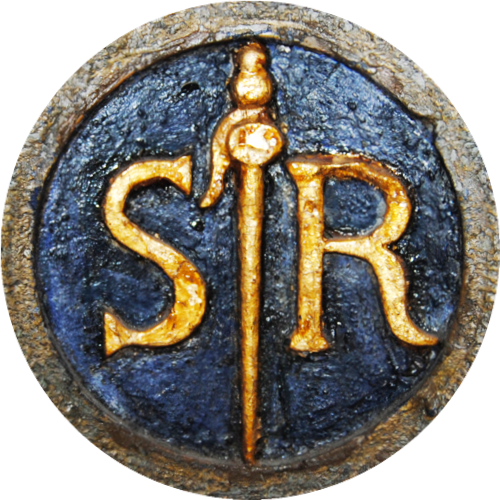
The Venetian Scuole
In the second half of the 13th century, numerous lay confraternities were set up in central-northern Italy. They met in the name of Christ, the Virgin Mary, or a patron saint, for religious worship or mutual aid purposes. In Venice, these confraternities were called Scuole. Their members came from the middle classes, i.e. the non-patrician class of citizens who resided in the city and worked in the trades and professions, in many cases with considerable economic success. Being excluded from the oligarchic government of the Republic, they could in this way nonetheless play a prestigious role in Venetian society.
Noblemen could also be members but not perform governing roles. Until the Republic fell, the Scuole played an important part in the religious life and charitable works of the town, organising what amounted to a fully-fledged welfare system, which was initially for members only, but was gradually extended to the whole population.
At the beginning of the 15th century there were various types of Scuola in Venice: the Scuole of the arts and crafts which protected the interests of the different categories of workers and regulated their activity; the national Scuole which grouped the members of each foreign community in the town; the devotional Scuole with their specific religious connotations, including the Scuole dei Battuti (in English “Beaten Ones”), who practised public self-flagellation as an act of penitence. This subdivision was officially confirmed in 1467. The devotional, artisans’ and national Scuole, formed a broader group of Scuole Piccole; the former Scuole dei Battuti took on a dominant role and became the Scuole Grandi, of which there were six at the end of the 16th century.
Every Scuola had its own specific statute, known as a mariegola, in which the aims and rules of the association were written down. At the head of the Scuola was the Guardian Grande, the equivalent of Chairman of the Board, who with his councillors formed the Banca, or board, which was renewed each year. To this main administrative body another group of brothers was later added, the so-called Zonta (in English, “Additional Board”), its task being to monitor the activity of the main board.
The Republic was well aware of the importance of the Scuole and it kept a careful eye on them, but also granted them particular privileges.
